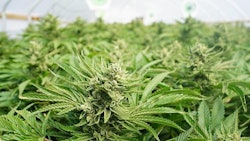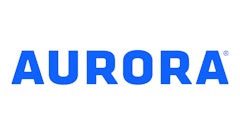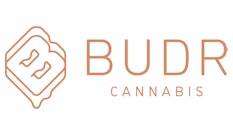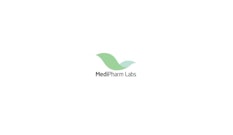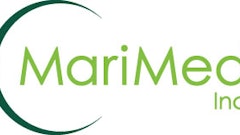Canopy Growth Corporation (“Canopy”) (TSX: WEED, NASDAQ: CGC) and The Supreme Cannabis Company, Inc. (“Supreme Cannabis” or “Supreme”) (TSX: FIRE) (OTCQX: SPRWF) (FRA: 53S1) announced April 8 that they have entered into a definitive arrangement agreement under which Canopy will acquire all of Supreme Cannabis’ issued and outstanding common shares in a transaction valued at approximately $435 million on a fully-diluted basis.
Following completion of the acquisition, Canopy will possess one of Canada’s leading cultivation brands, 7ACRES. In addition to receiving a market premium, Supreme Cannabis shareholders will also benefit from Canopy’s U.S. CBD business and conditional positioning for continued exposure to the U.S. market expansion.
Canopy will also add Supreme Cannabis' Kincardine hybrid greenhouse cultivation facility to its production capabilities as part of the acquisition.
"The acquisition combines Canopy’s preeminent position with Supreme Cannabis’ Top-10 position in Canada to create a pro forma Canadian recreational market share of 13.6%(1), including 7ACRES holding Canada’s number one premium flower brand position, number one in PAX vapes, and Top-5 in pre-rolled joints(2)," the press release noted. "Supreme Cannabis’ Blissco and Truverra brands also add breadth to Canopy’s market presence in both the recreational and medical markets."
Supreme Cannabis shareholders will receive 0.01165872 of a Canopy common share and $0.0001 in cash in exchange for each Supreme Cannabis Share held, according to a press release about the acquisition. The Transaction provides Supreme Cannabis shareholders with a premium per Supreme Cannabis Share of approximately 66% based on the closing prices of the Supreme Cannabis Shares and Canopy common shares on the Toronto Stock Exchange (the “TSX”) as of April 7, 2021.
“...We’re excited to reach more consumers through Supreme’s premium brands and high-quality products, further solidifying Canopy’s market leadership,” said David Klein, Chief Executive Officer of Canopy. “Supreme’s deep commitment to superior genetics, top-tier cultivation and strict quality control, paired with Canopy’s leading consumer insights, advanced R&D and innovation capabilities, is expected to create a powerful combination that aligns with our strategic focus to generate growth with premium quality products across key categories.”









